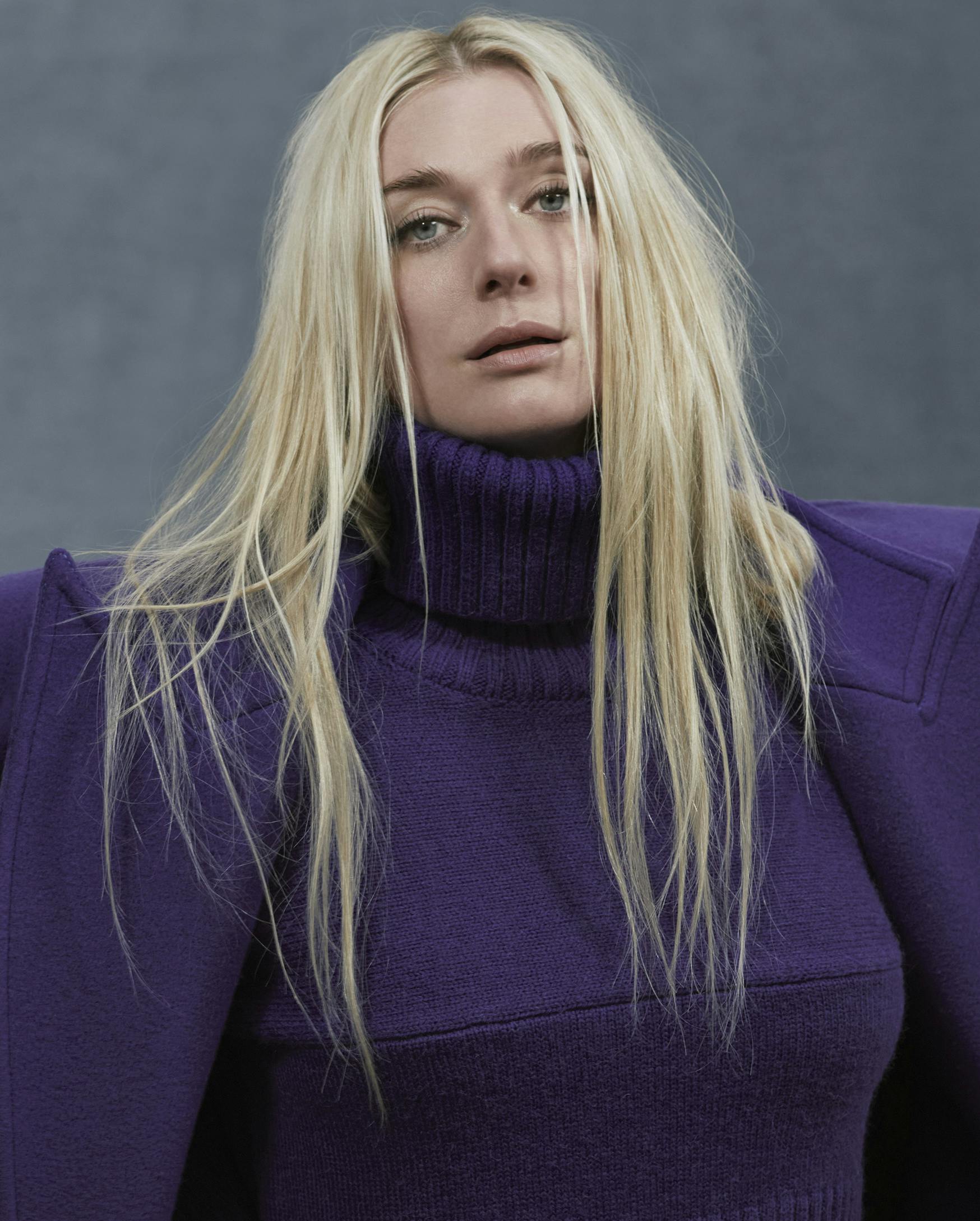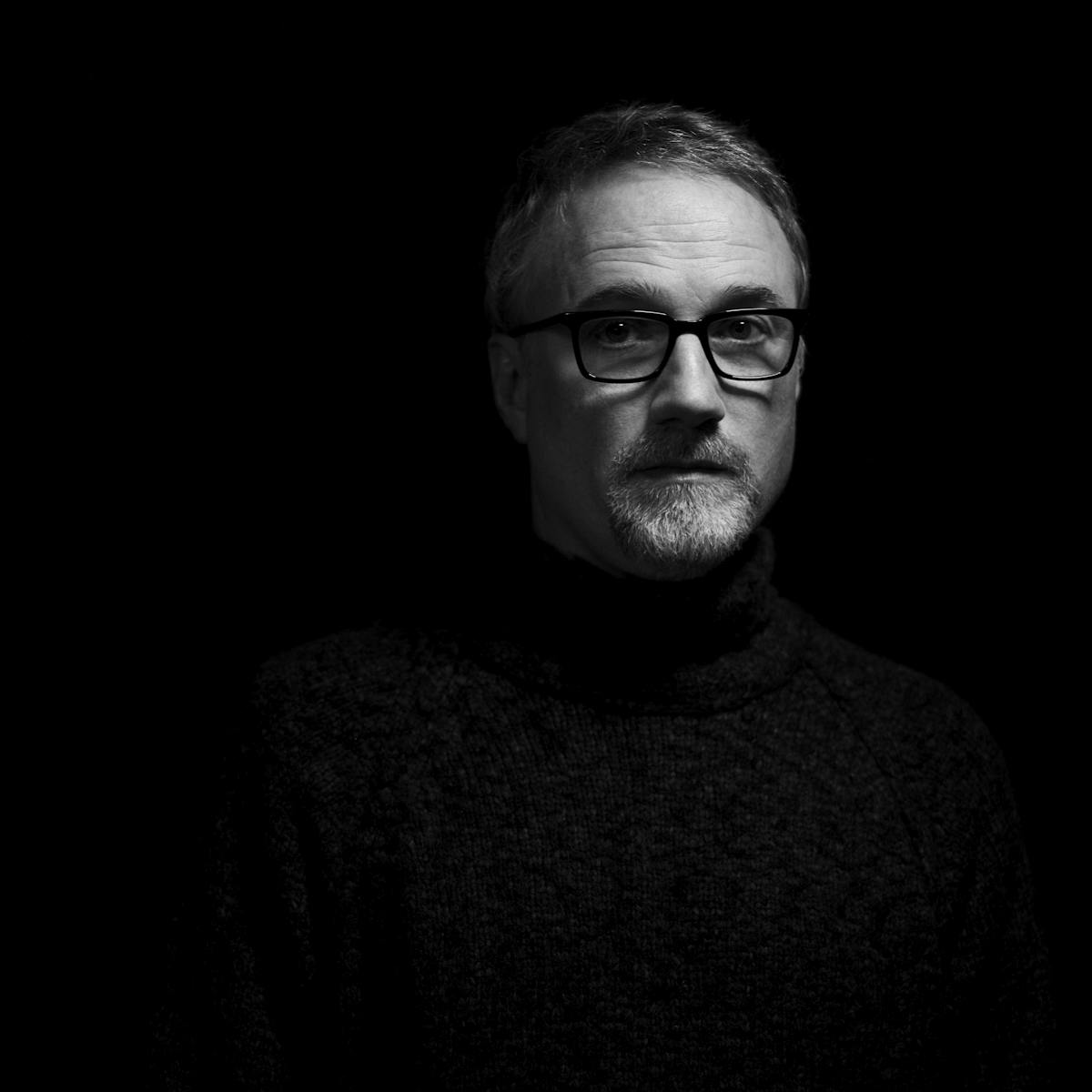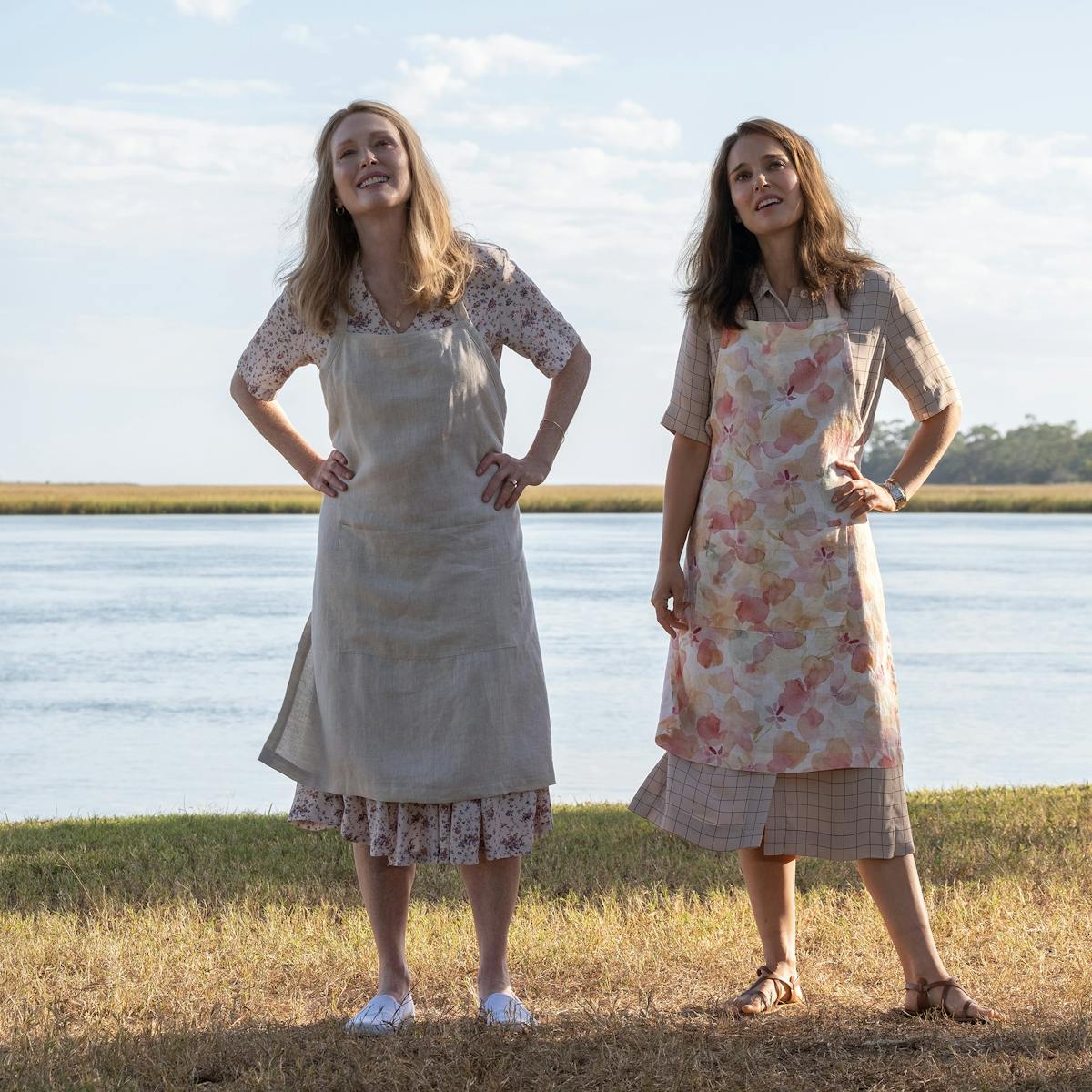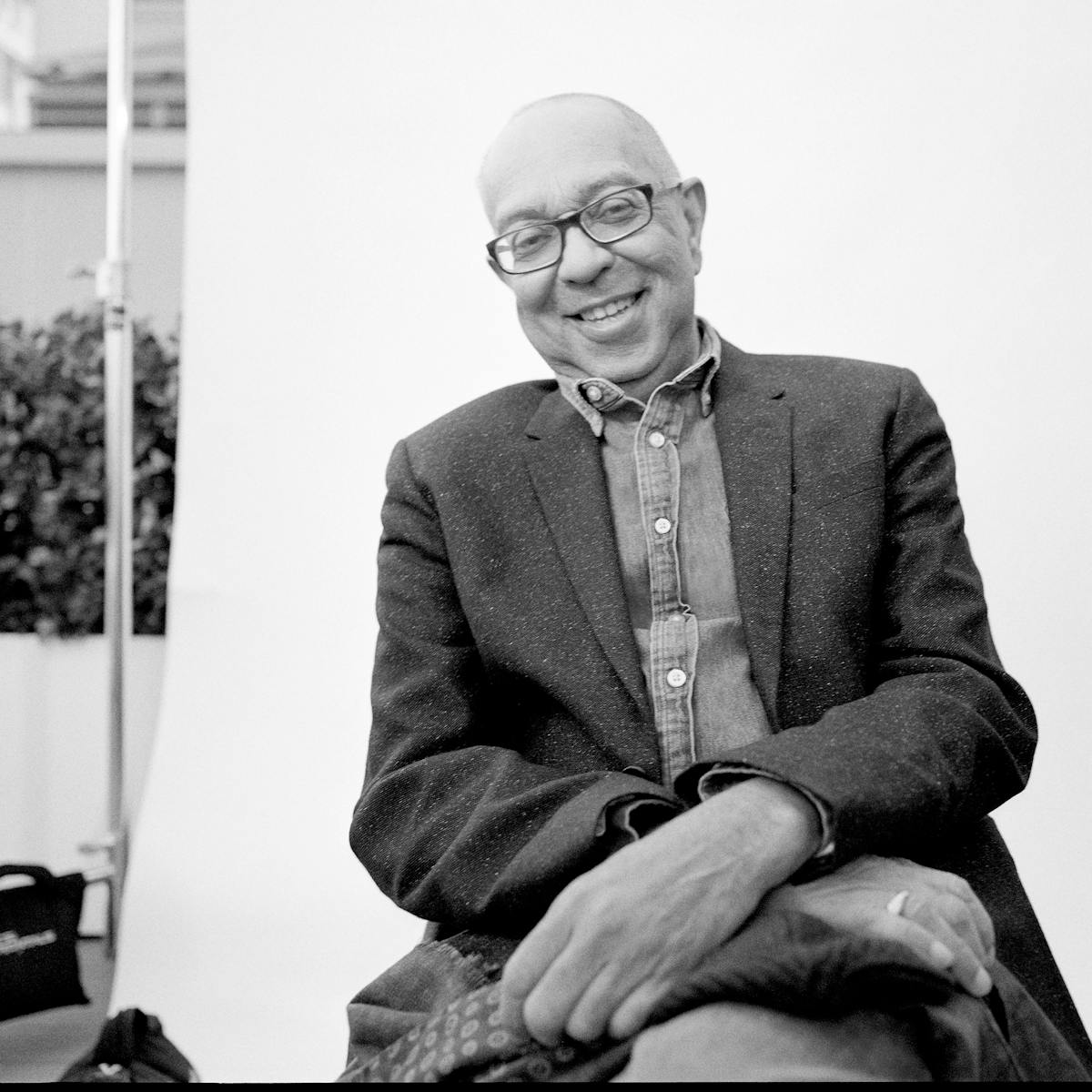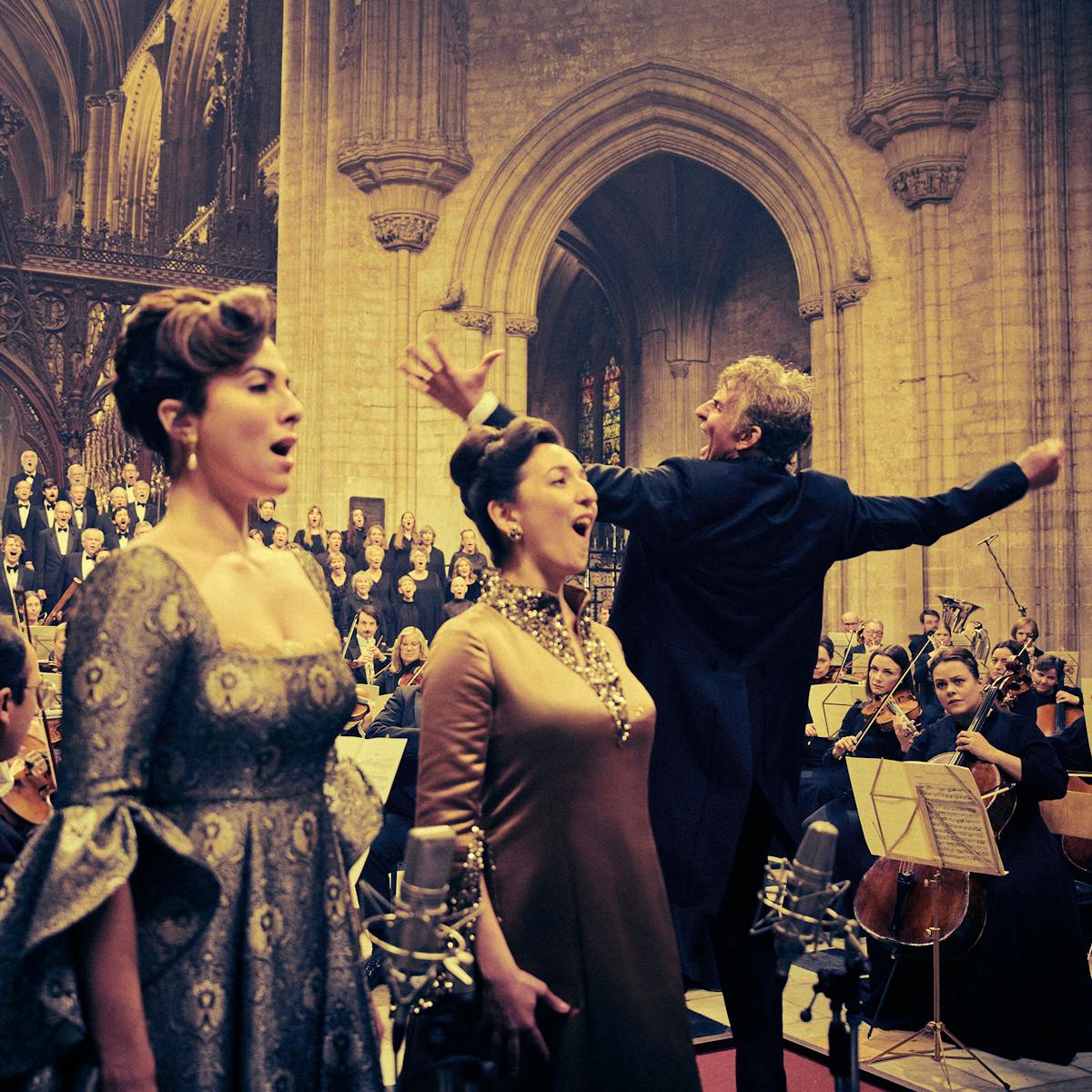The time has come for the world to bid farewell to one of the most acclaimed television dramas of the past decade as The Crown wraps its sixth and final season. For Elizabeth Debicki, the actor whose portrayal of Princess Diana has earned her Emmy, Golden Globe, and SAG nominations, the final season means bringing her beloved character to her tragic end.
Through Season 5, Debicki plays a Diana whose marriage is splintering and who is unable to shake the all-consuming attention of the public, who were not willing to let go of the “People's Princess” as she leaves behind the British royal family. Season 6’s first four episodes explore a Diana who is looking for breathing room, attempting to enjoy a holiday with her sons and companion Dodi Fayed (Khalid Abdalla) in France and navigate post-Palace life. But she’s unable to escape the frenzied flashbulbs of the paparazzi and a media obsession that leads to both her and Fayed’s deaths.
Diana’s passing, a historical heartbreak that was felt around the world, brings Debicki’s time as the character to a close, earning the actor a second Emmy nomination for her wrenching performance. The actor now looks back at her time on Peter Morgan’s award-winning series, and the pieces of Diana that will be hard to leave behind as she, too, bids farewell to The Crown.
An edited version of the conversation follows.
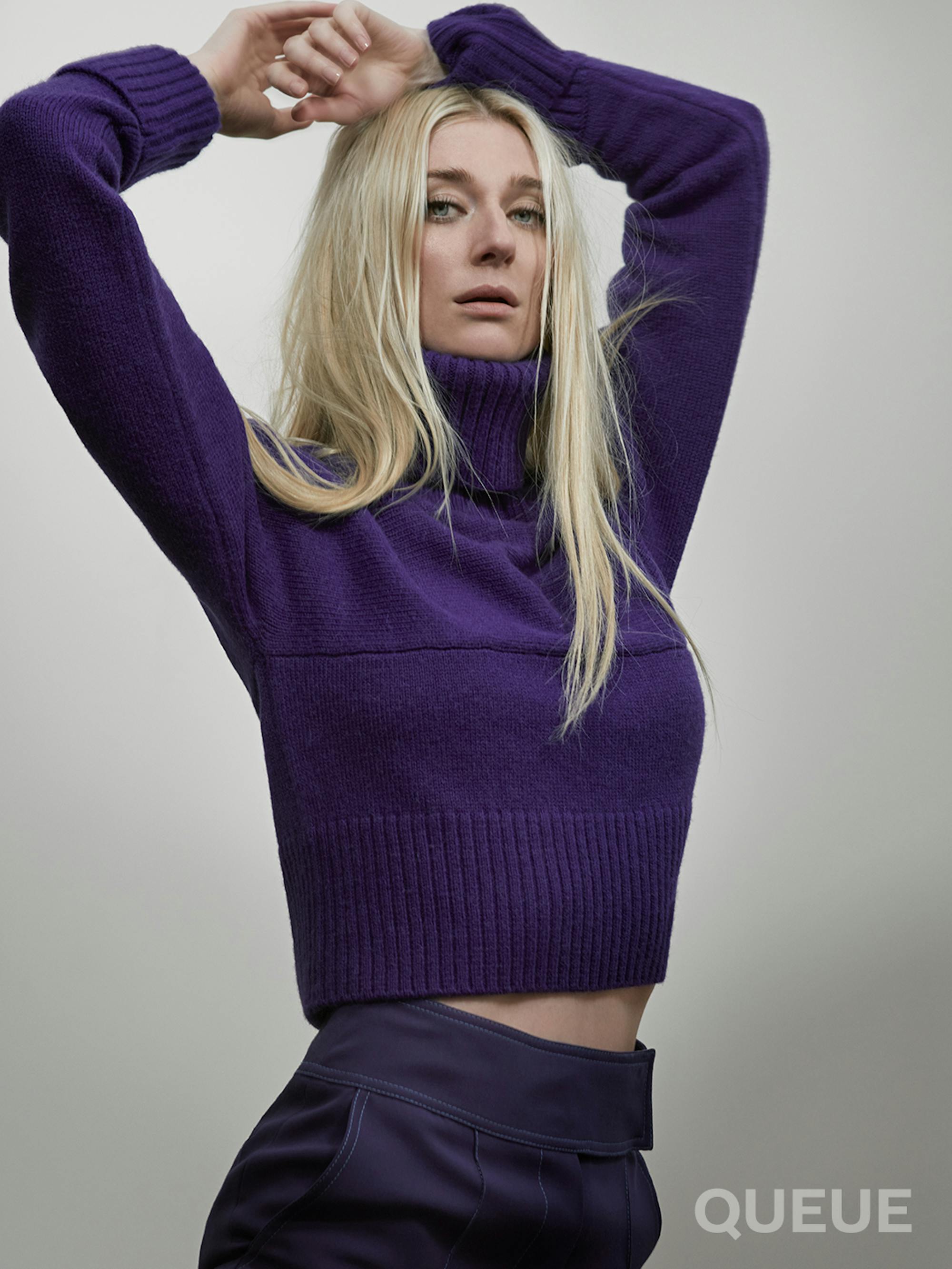
Elizabeth Debicki
Benji Wilson: After your terrific performance in Season 5, how did it feel to come back on set for the sixth and final season of The Crown?
Elizabeth Debicki: It felt like coming home. We shot Season 5 for almost a year, and it just felt very natural to be back. There were about four months in between but that went very quickly, and I was always thinking about Season 6.
How did you find coming back to the character?
ED: I did a little refresher course in my brain. But I had been inhabiting it, or it was inhabiting me, for quite a while. It was very quick to come back to, and, actually, a relief. It was an interesting acting experiment for me because I’ve never really come back to shoot something in the second season. Loads of actors do it all the time, but I’ve never had that experience. So, it’s a thrill because there’s a part of your mind that’s testing how much is still there. But it felt like my relationship to the things that I had been actively doing in Season 5 was quite naturally there. It was much less recall; it almost felt more normal to do it than to be normal-person me.
One of the things that felt so important — because we know where the story is going — was to make sure that there was real joy and happiness and lightness and genuine fun on the screen. So, that was really the piece I felt that I could control, in a way, and that became a real focus.
Elizabeth Debicki
Everyone has their idea of Princess Diana. What were you looking to convey about these last days?
ED: I think it’s a really unique challenge as an actor, to portray those days. I really just trusted in Peter’s emotional blueprint that he created for us to follow. It’s his interpretation and I think it made emotional sense to me, so I clung to that, really. Because obviously, it’s devastating and fraught and we can never know. In terms of an overarching journey through Season 6, one of the things that felt so important — because we know where the story is going — was to make sure that there was real joy and happiness and lightness and genuine fun on the screen. So, that was really the piece I felt that I could control, in a way, and that became a real focus.
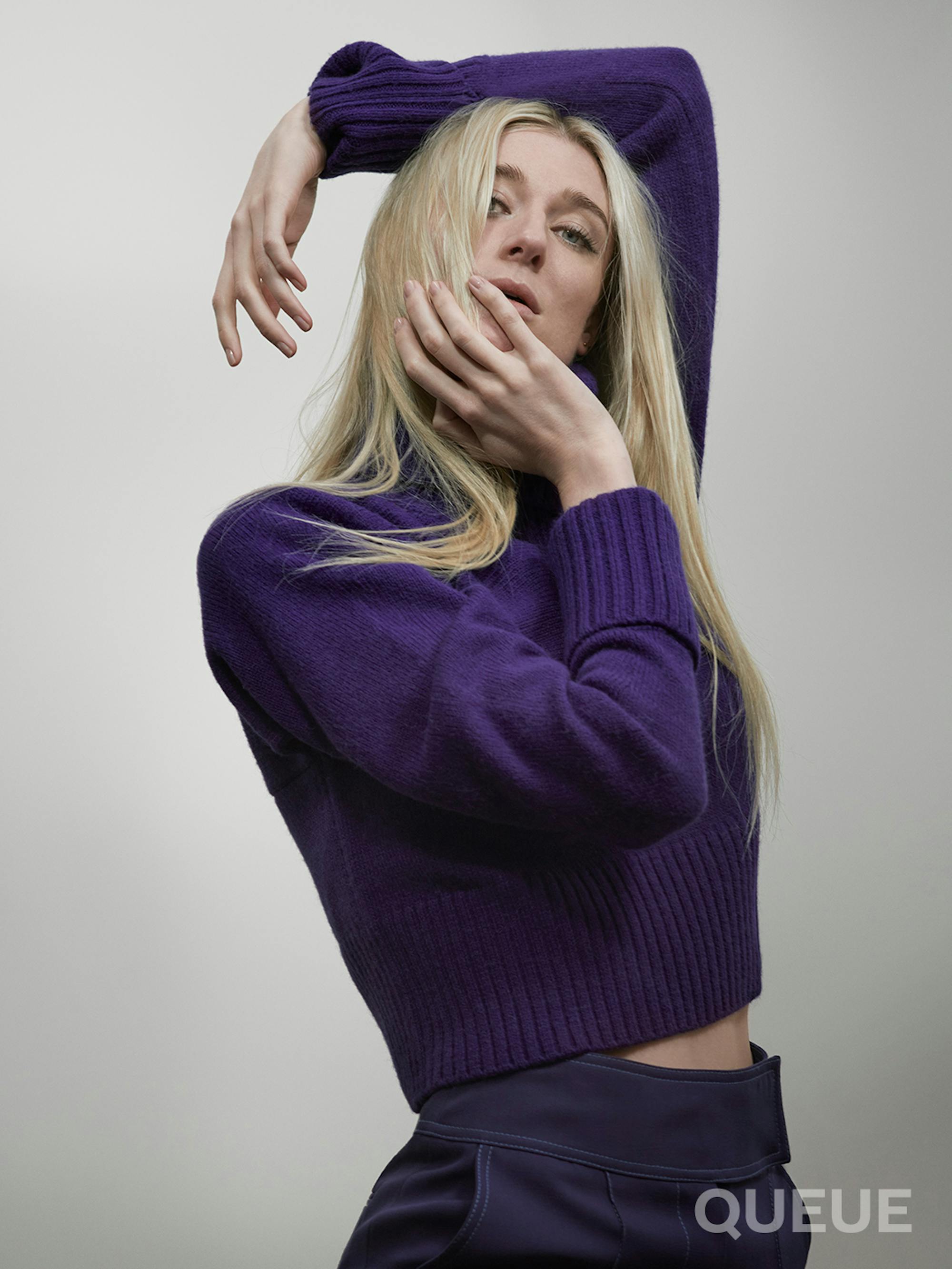
Elizabeth Debicki
Full look by Christopher John Rogers.
These are events from relatively recent history that I’m sure you remember. How do you deal with allowing your memories to affect or influence your portrayal?
ED: Well I was seven when it happened. They’re pieces of our human history, our culture, our understanding of the media, and, obviously, of the royal family. And, of the grief of a nation. As an Australian, quite far away, I learned about them as I got older. I have a very distinct memory of watching the funeral when I was a kid and [seeing] the two princes, as I think everybody does. I was really young, I didn’t really understand what was going on. My mother was devastated and I was trying to process, so that was my first imprint memory of that.
I think that it’s part of doing the show and playing these characters, which is a twofold process for me. I learned the facts, as given to me by the archive team, which are always very, very detailed, so I allowed that layer of information to settle in my brain. And then I read the scripts so I can understand what Peter has decided in a narrative sense, the direction he’s decided to go in, and what The Crown does, which is create imaginary versions of conversations. Peter’s vision for it just becomes the direction that you follow.
What will you miss about this experience?
ED: I really will miss playing this role. It’s an incredible place to land, in that character, in this story. There have been so many tumultuous and painful bits of storytelling that I’ve had to do, but I also find the role so vivid, and there’s so much beauty there, and so much love and desire to connect to people. The character has this capacity to reach through, and that is a very beautiful thing. I think to speak of the real Princess Diana, she felt so real and the way that she loved people and people loved her was just so extraordinary. When I talk to people about her — through making the show and when people talk about the loss they felt — it was really like an incredibly luminous being was lost. Trying to create that has been really an amazing experience. So, I guess I’ll miss that light.
What do you feel the show’s legacy as a whole might be?
ED: It really depends who you ask. I live both here in the U.K. and in the States, and I’m Australian, so I’ve got this trifecta of understanding how audiences respond to the show, and what they bring to it, and what they take away from it. I always felt that it delicately created and provided the audience with a connection to historical figures that might have felt distant from us, or whose stories we perhaps didn’t feel that we could connect to. It really expanded a sense of empathy I had towards historical figures that I didn’t feel like I could know about. They existed in a history book and Peter brought them to life in a way that was so accessible, and very moving. So I think maybe that’s its legacy.
